Artificial Intelligence (AI) has been having a strong and profound impact on the education sector, especially on teachers and learners.
 |
| According to Professor Dr. Huynh Van Son, Artificial Intelligence (AI) has been and is having a strong impact on the education sector. (Photo: NVCC) |
AI creates a... race
Artificial intelligence has been having a strong and profound impact on the education sector, most specifically affecting two main groups of subjects: teachers and students, by providing support tools for these subjects to complete their tasks well.
AI provides tools to automatically compile lesson plans, lectures, exams, learning materials, test papers, and assessments for teachers; at the same time, it provides tools to help students quickly complete exercises, solve exams quickly, take tests, and compile essays and theses. However, the amount of knowledge that AI "releases" has not been officially verified for accuracy and reliability, so it is recommended to use it for reference only and not to abuse it, especially for teachers.
In addition, from another perspective, Artificial Intelligence is creating an endless "race" in teaching and learning activities. That is, teachers are increasingly preparing lectures, giving exercises and exams using AI. Students are increasingly solving exercises and exams, writing theses and dissertations using AI. Teachers and lecturers are looking for tools to help distinguish between real and fake products, and to assess whether the exercises and dissertations submitted by students are done by them or by AI. Students are looking for more advanced/harder to detect AI tools... This has a definite impact on the true development of learners in education.
The coverage and spread of Artificial Intelligence around the world in recent years has been extremely rapid, especially widely used in the education sector. Because the target group of teachers and students has welcomed AI very enthusiastically since the early days of the appearance of ChatGPT, Gemini, Copilot and some other tools.
It can be said that AI influences and contributes to improving the quality of education and training of human resources for the future. Knowledge sources and learning materials are contributed and improved day by day, hour by hour through AI's "learning". That knowledge repository is larger than any library, because it is the synthesis of knowledge of all humanity and grows every day. Therefore, the main subjects in educational activities (school administrators, teachers and students) know how to exploit it properly to improve the tasks of each subject.
When the quality of teaching increases, it will create a better human resource for the future. It is undeniable that tools have an impact on changing the roles of teachers and students, whether the impact is positive or negative depends on how they are exploited. For example, if teachers only refer to improve their knowledge, it is very positive, but if teachers abuse it to prepare lessons and create exams, the knowledge provided by AI may be inaccurate and inaccurate, leading to a loss of reputation and image of the teacher.
As the quality of teacher performance increases and the quality of student learning increases, the results will increase in resonance, leading to a superior human resource for the future.
 |
| Artificial intelligence is increasingly used in education. (Illustration: Internet) |
Fair and responsible use
Currently, many countries around the world have applied AI to education, contributing to improving the quality of teachers' teaching, students' learning, and enhancing the management capacity of school administrators.
Specifically, the US is one of the leading countries in applying AI to education. Many schools and universities in the US use AI technology to personalize learning, supporting many smart applications for learners on E-Learning online learning platforms.
China is also one of the pioneers in applying AI in education, with many programs to support students through smart classroom monitoring systems, facial recognition applications to track student concentration and online learning platforms.
Japan has issued guidelines on the use of AI in schools and universities. The guidelines aim to promote a safe and effective environment for the use of AI in education. Learners should fully understand the characteristics of AI before using it, and it is considered inappropriate to pass off reports, essays, or other documents generated by AI as their own.
The UK has implemented several AI programs in education, focusing on smart learning platforms that personalize learning for students. South Korea has also adopted AI in education, with schools using the technology to personalize learning and improve student learning through apps like Riiid Tutor.
Finland, known for its advanced education system, has also applied AI to teaching and learning. Schools in Finland use AI to personalize education and assist teachers in classroom management.
Singapore has implemented AI projects in education to enhance learning and education management. For example, the SLS (Singapore Student Learning Space) system uses AI technology to personalize learning content for students.
Most countries share a common feature of exploiting AI from online learning platforms, focusing on personalizing learners, thereby supporting enhanced learning activities, as well as monitoring and identifying during assessment tests.
The promotion of AI application in the education sector has been demonstrated by a number of other countries in bringing many achievements. In Vietnam, since the appearance of ChatGPT, teachers and students have been promoting the application of this tool in their work. However, if there is a way to refer to the lessons learned from other countries, it will shorten the time and access the results that AI brings quickly, more effectively, and at less cost.
Here are some lessons that can be learned from other countries. First, invest in technology infrastructure. Vietnam needs to upgrade its network and information technology infrastructure, ensuring that every school has access to the Internet and the necessary equipment to deploy AI applications.
Second, focus on training and developing human resources. Organize training courses and seminars for teachers and staff in educational institutions on how to effectively use AI technology in teaching and management.
Third, develop policies and legal frameworks for the use and exploitation of AI in education. Develop legal documents on guidelines for the use of AI in education to ensure safety and effectiveness for both learners and teachers, and avoid risks related to copyright infringement, personal information leakage, and plagiarism.
Speaking at the seminar "ChatGPT, Artificial Intelligence - Benefits and challenges for education", Deputy Minister of Education and Training Hoang Minh Son emphasized that the task of the education sector is not only to share information but also to share knowledge and wisdom to enrich people and society. In the education sector, the main subject is still the teacher. Educational technology has emerged for many years, that is the story of online teaching and artificial intelligence application. This is a great opportunity and we need timely policies. According to Deputy Minister Hoang Minh Son, there will be many changes and progress. Society needs to start changing its awareness, the way it views these technologies and its attitude towards accepting them. “The best way to understand is to use it. Feel and experience it to understand better,” said the Deputy Minister. After using and experiencing it, schools and organizations will discuss and clarify the benefits of ChatGPT as well as other technologies. From there, state management agencies will issue timely policies. Technology helps teachers reduce manual work, while at the same time, helping to increase productivity, efficiency, quality and equality in education. Mr. Hoang Minh Son raised the issue that the important thing is how to limit the negative aspects, dependence on technology and expand the opportunities for learners to access high-quality education, while reducing costs so that people can access good quality education. |
Source: https://baoquocte.vn/can-trong-voi-ai-trong-giao-duc-281619.html






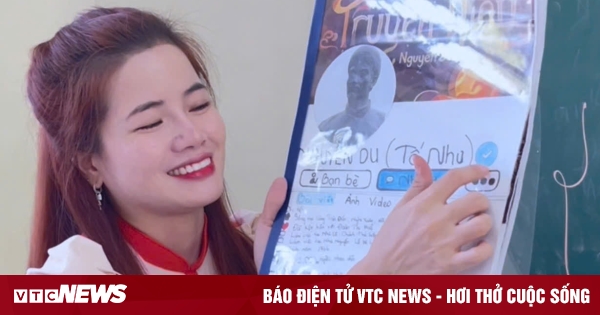
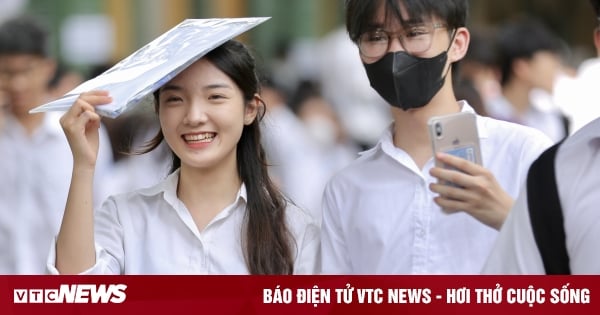
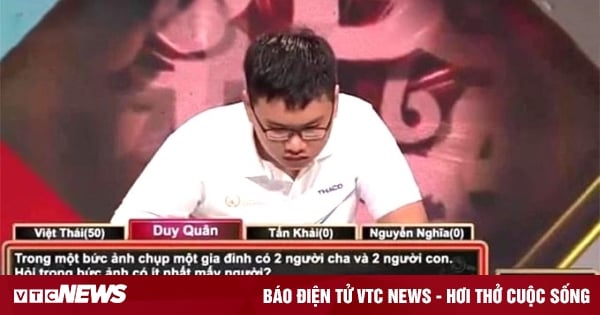

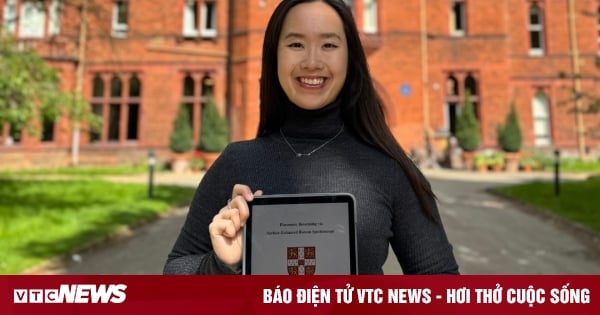
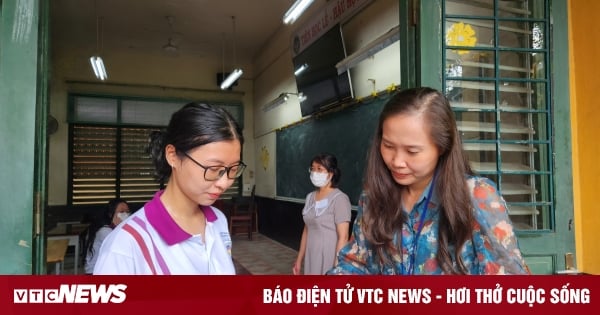



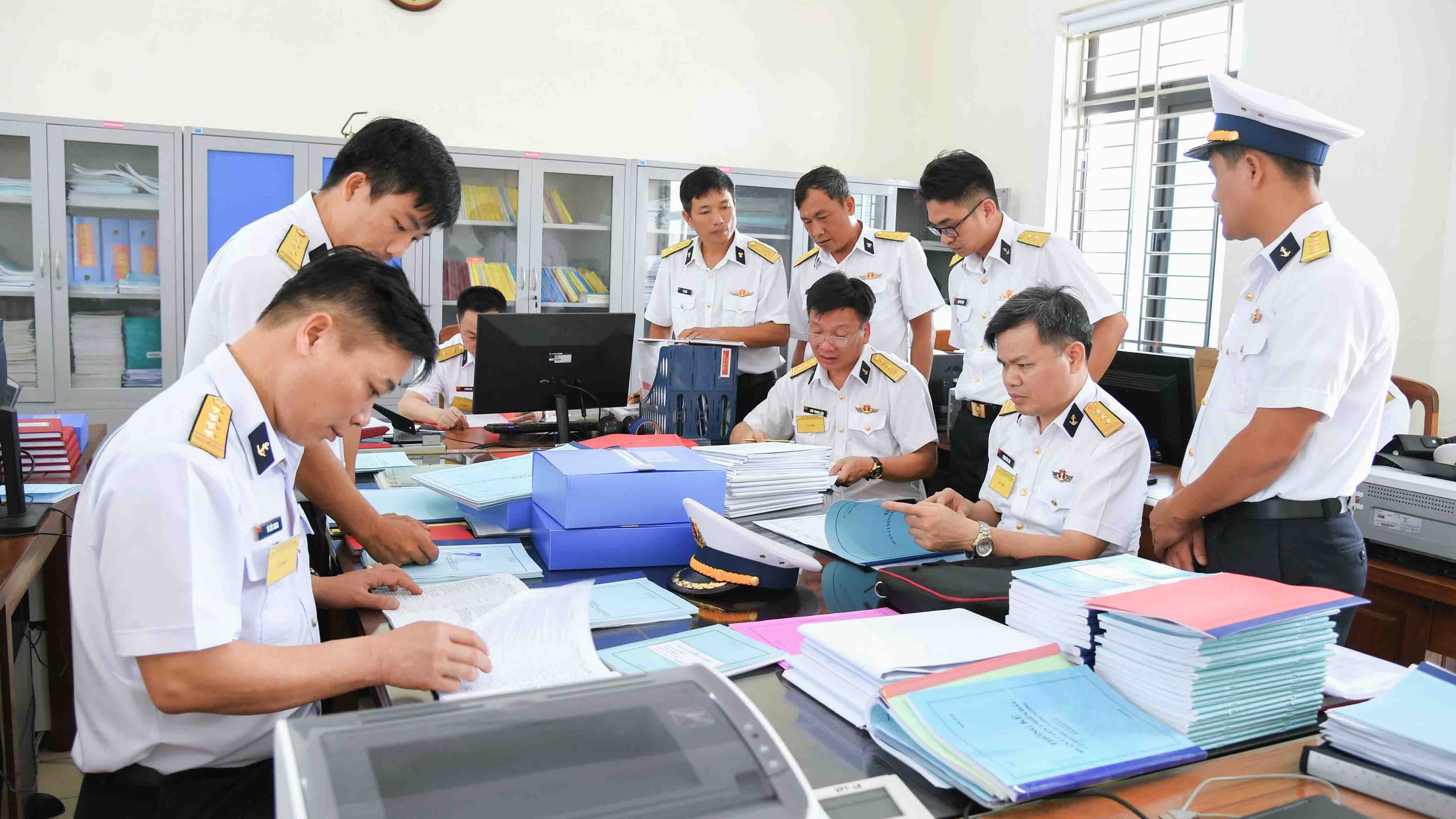
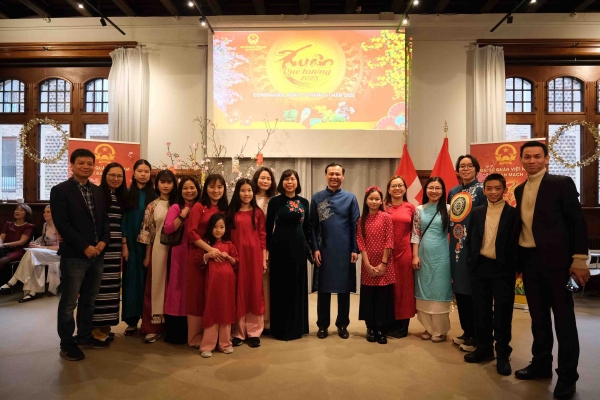








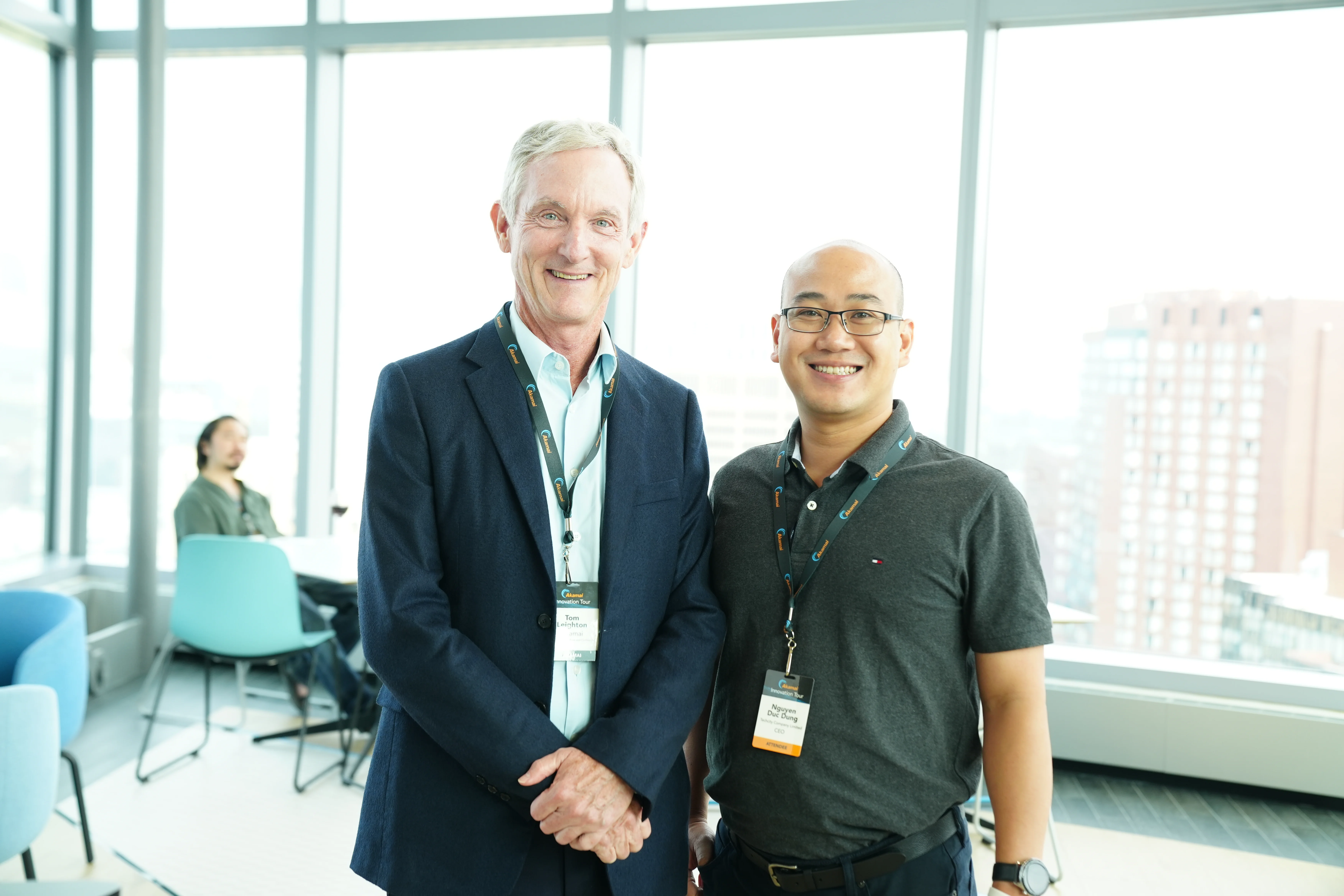


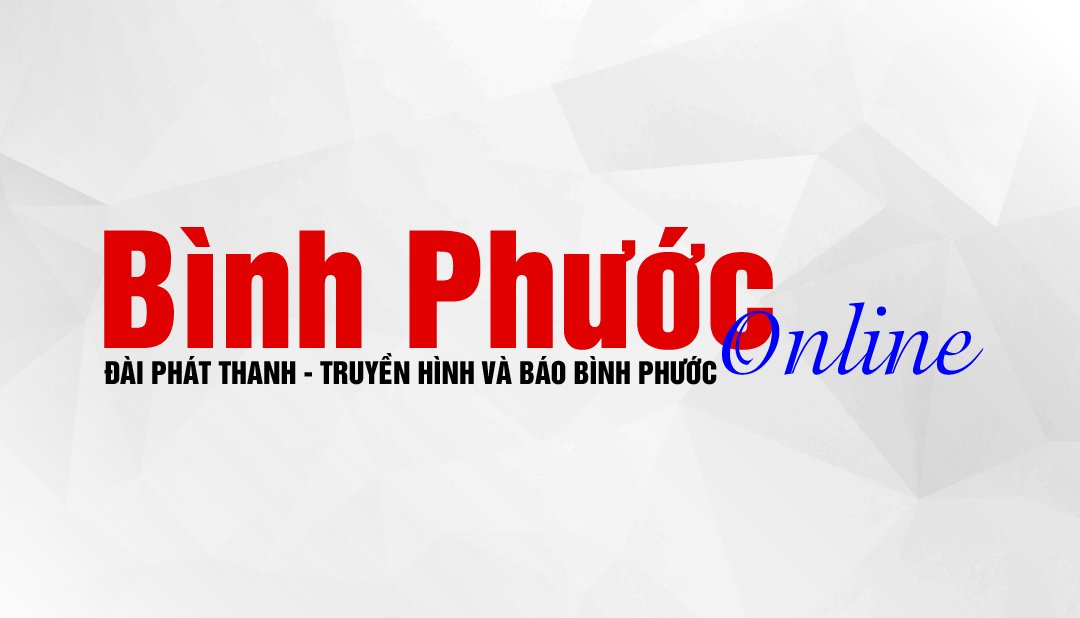
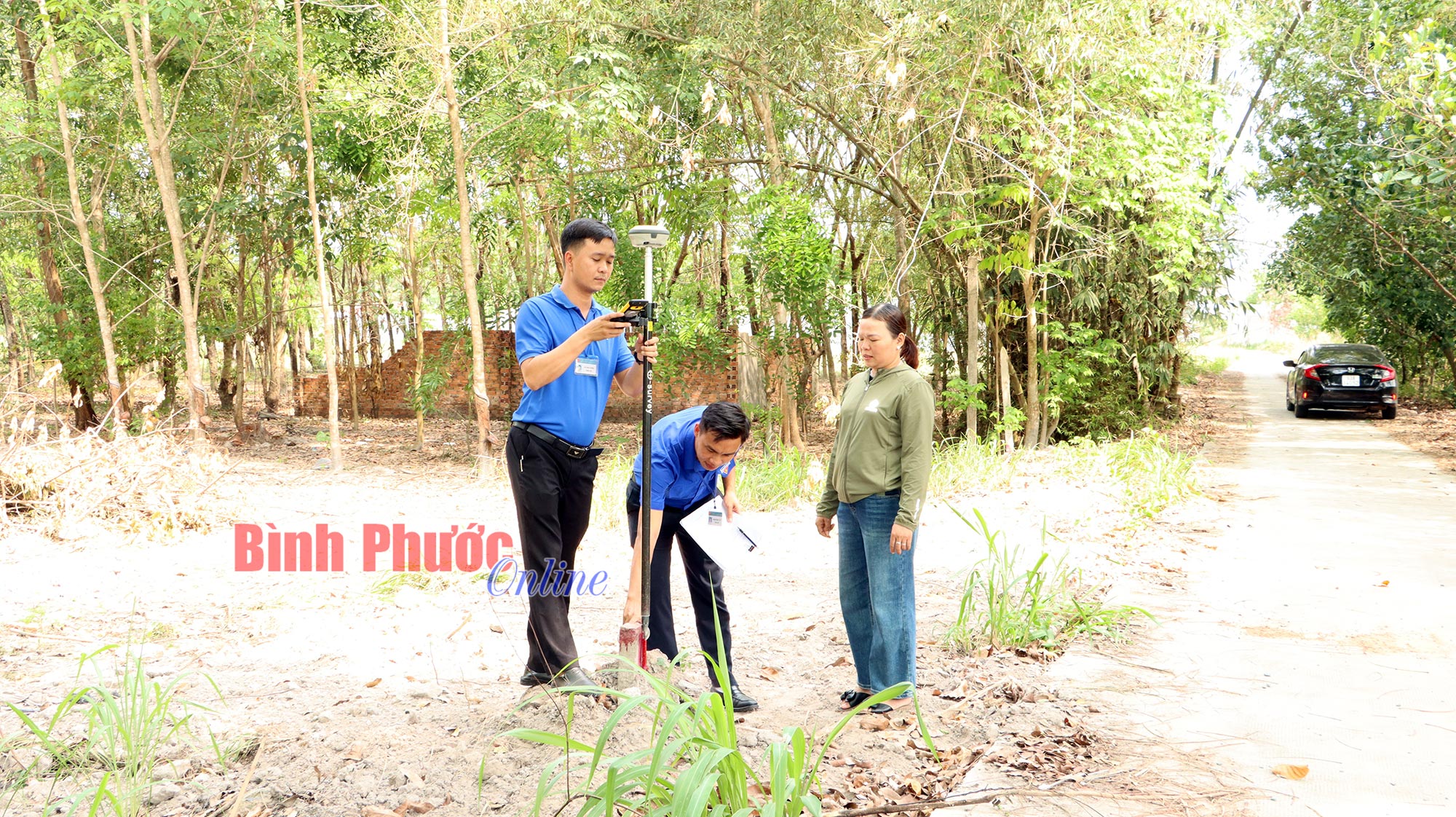
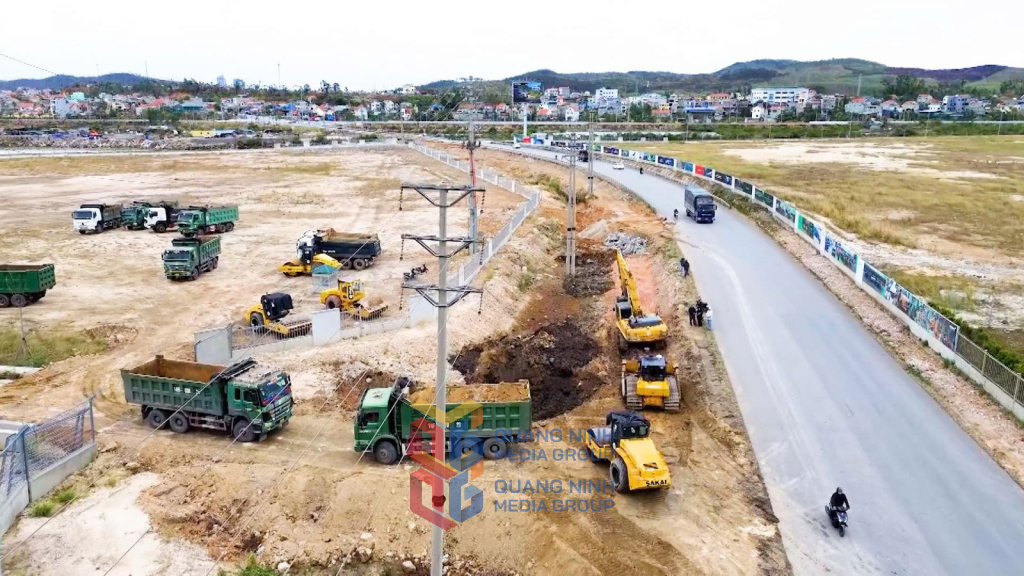

Comment (0)